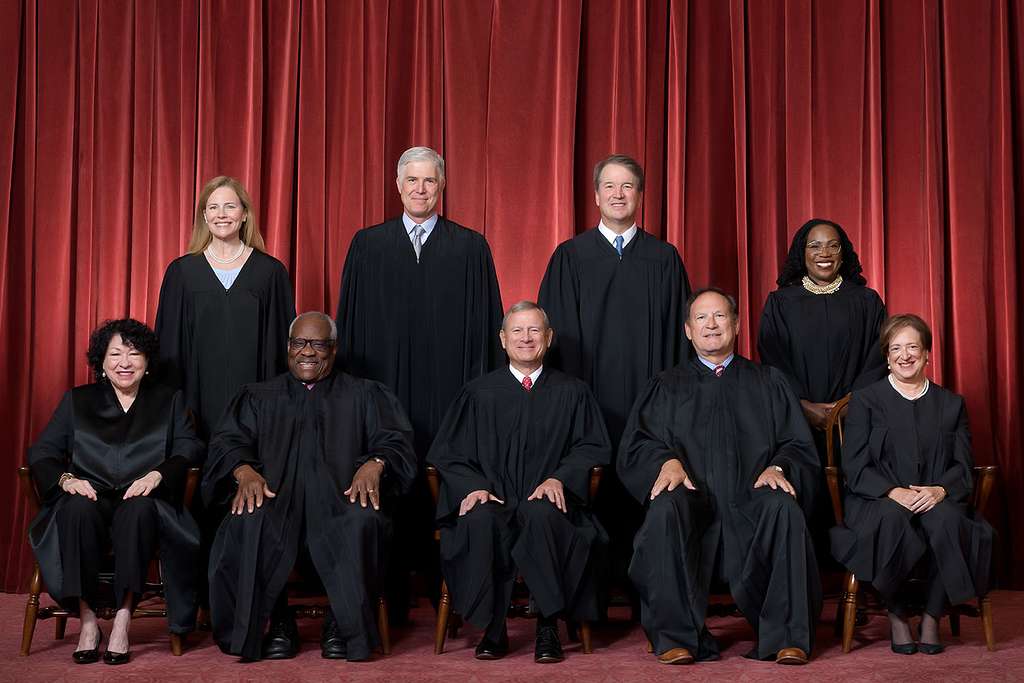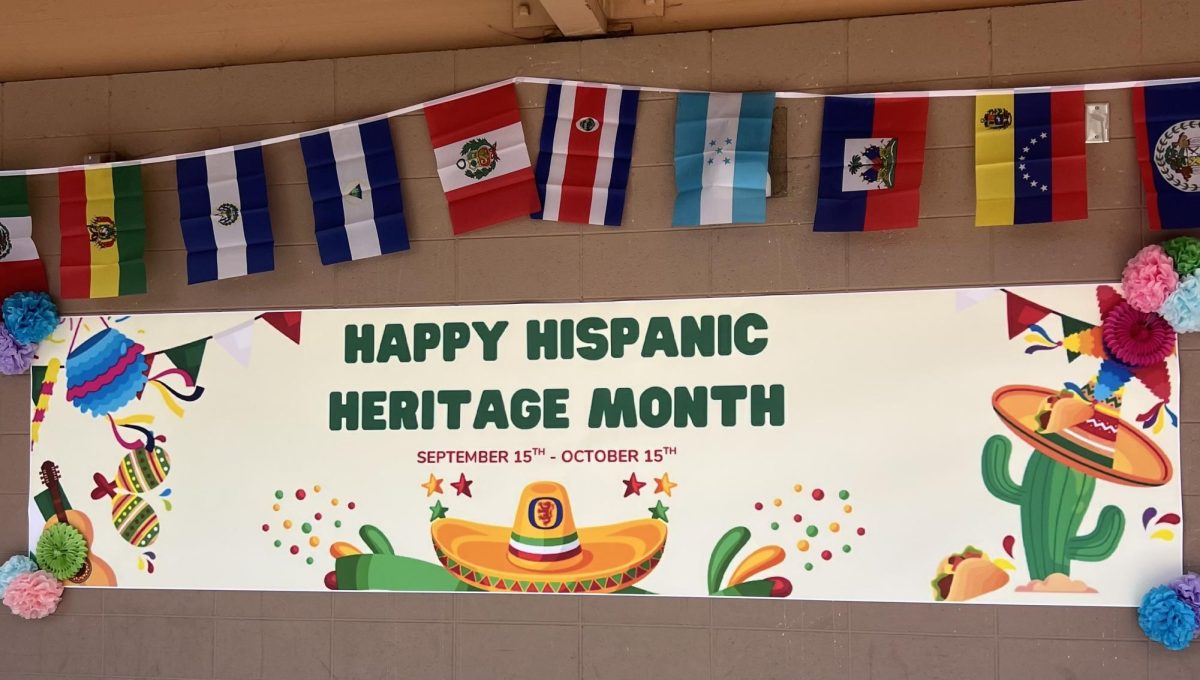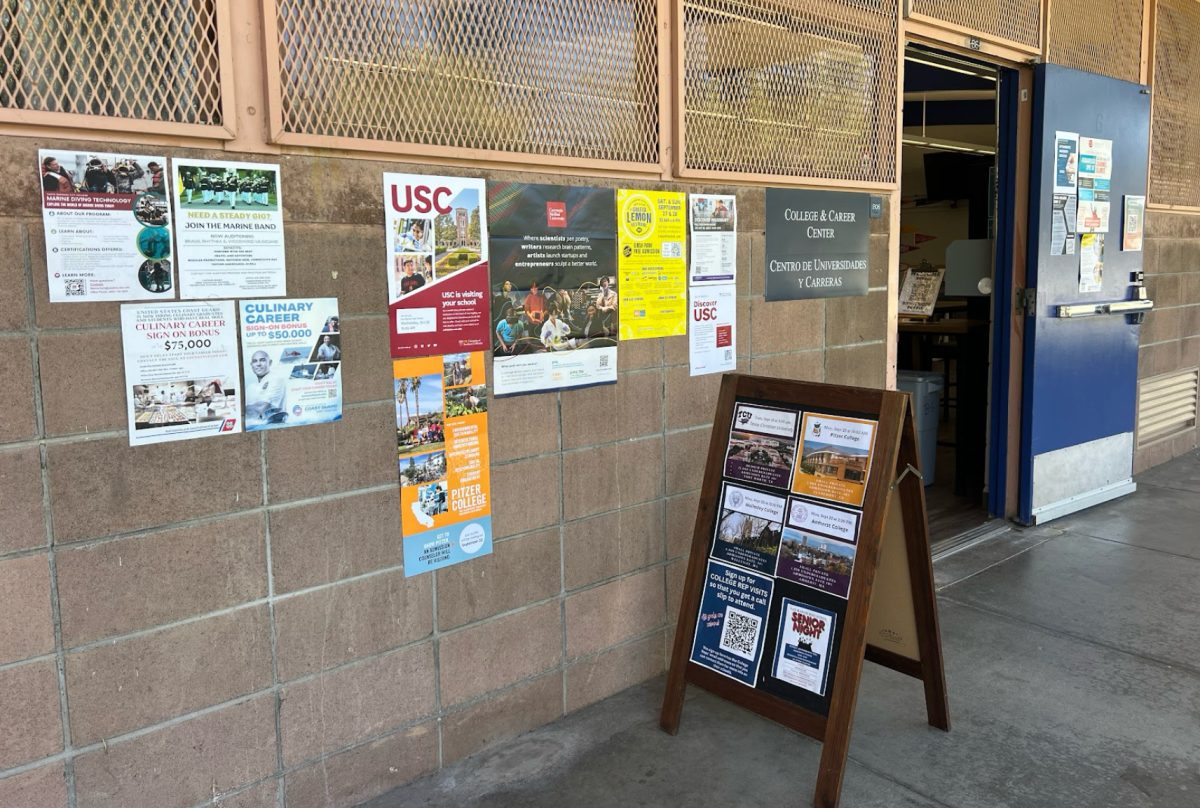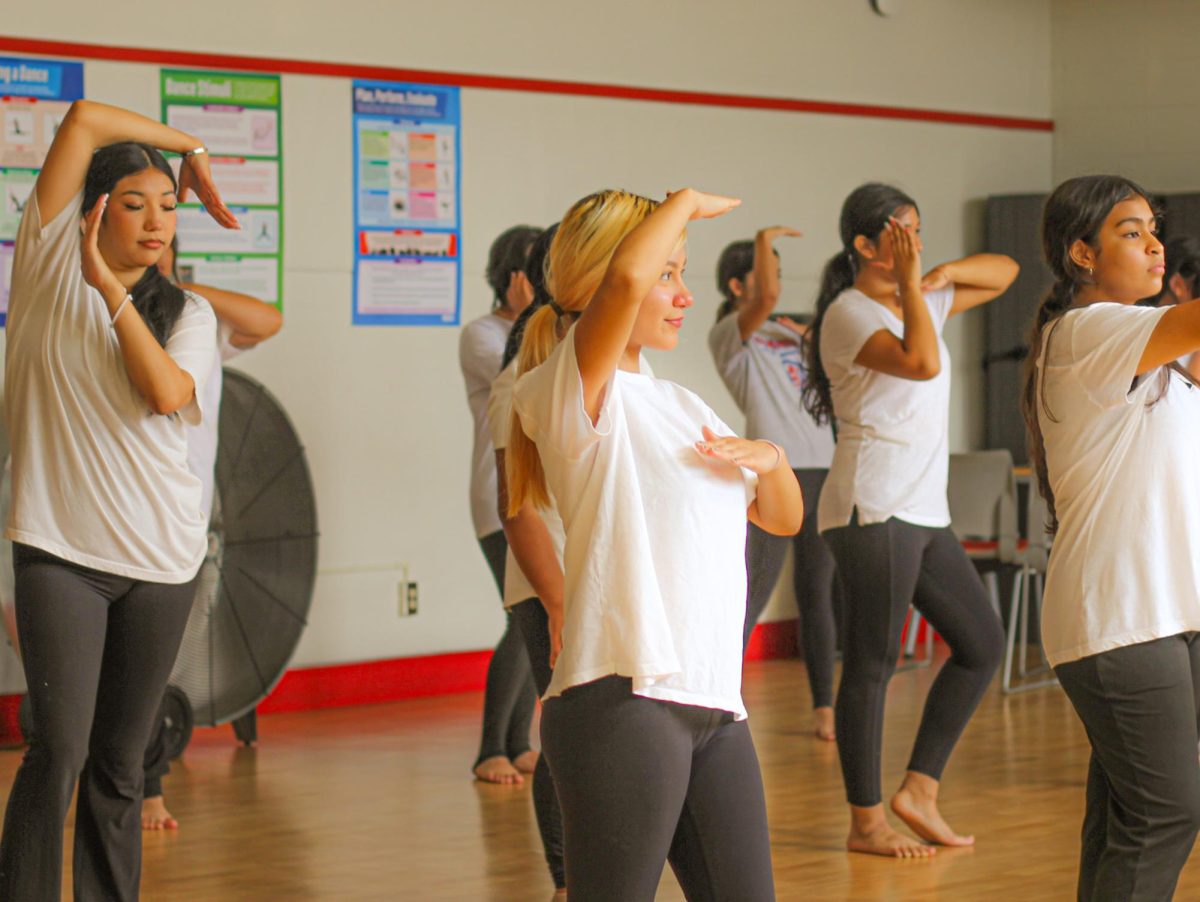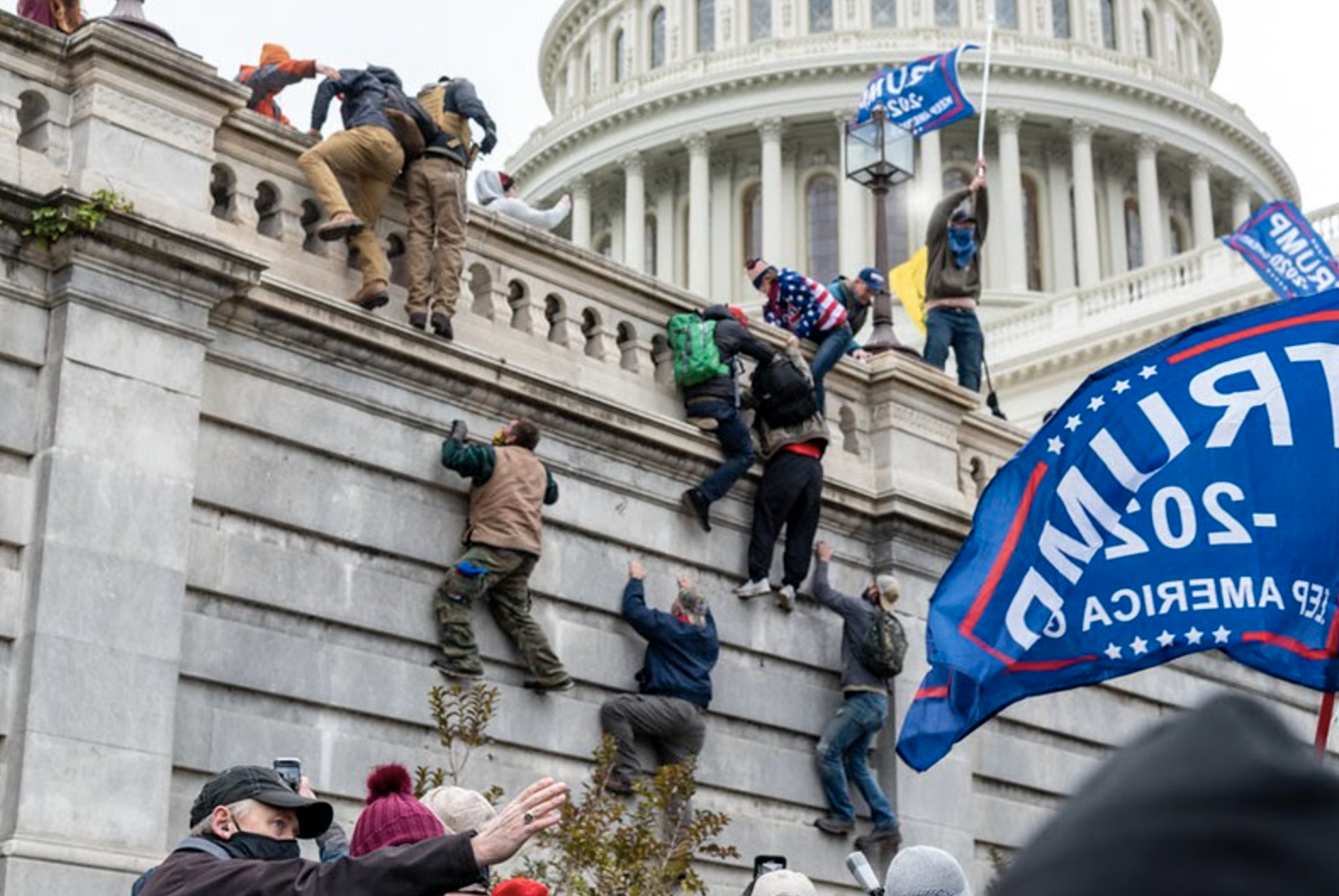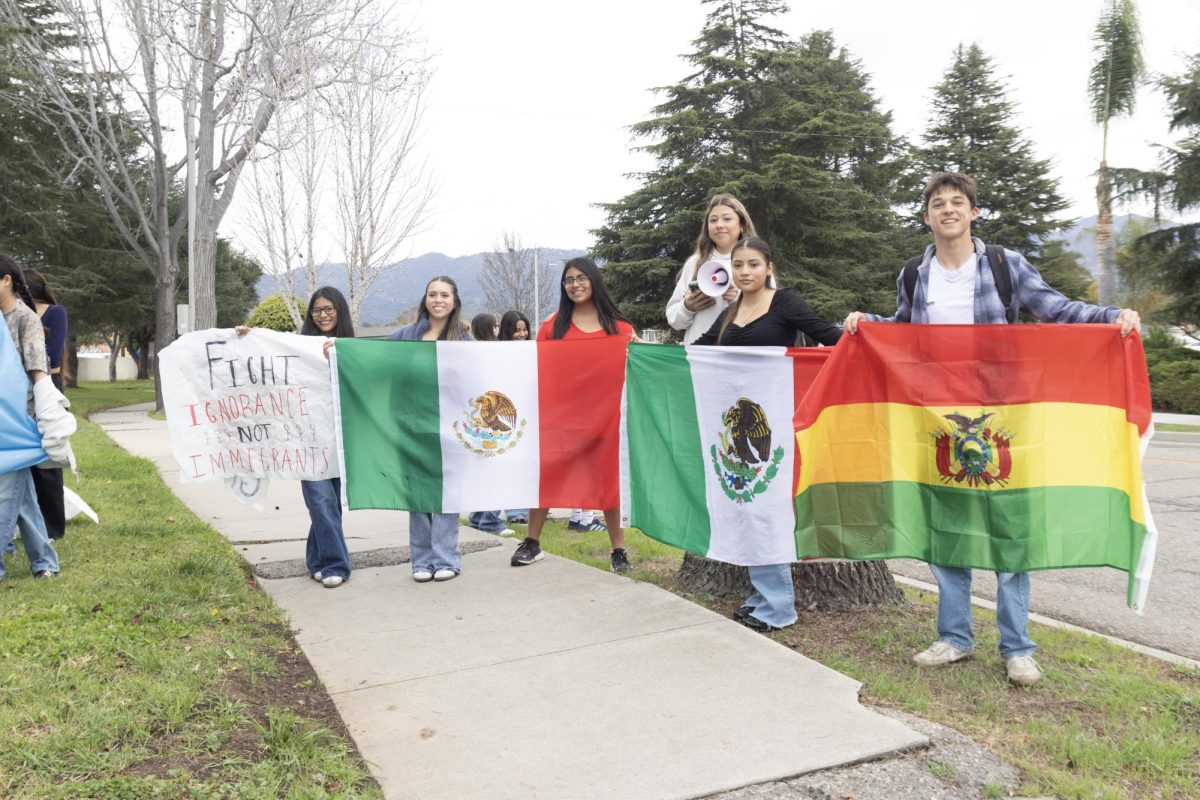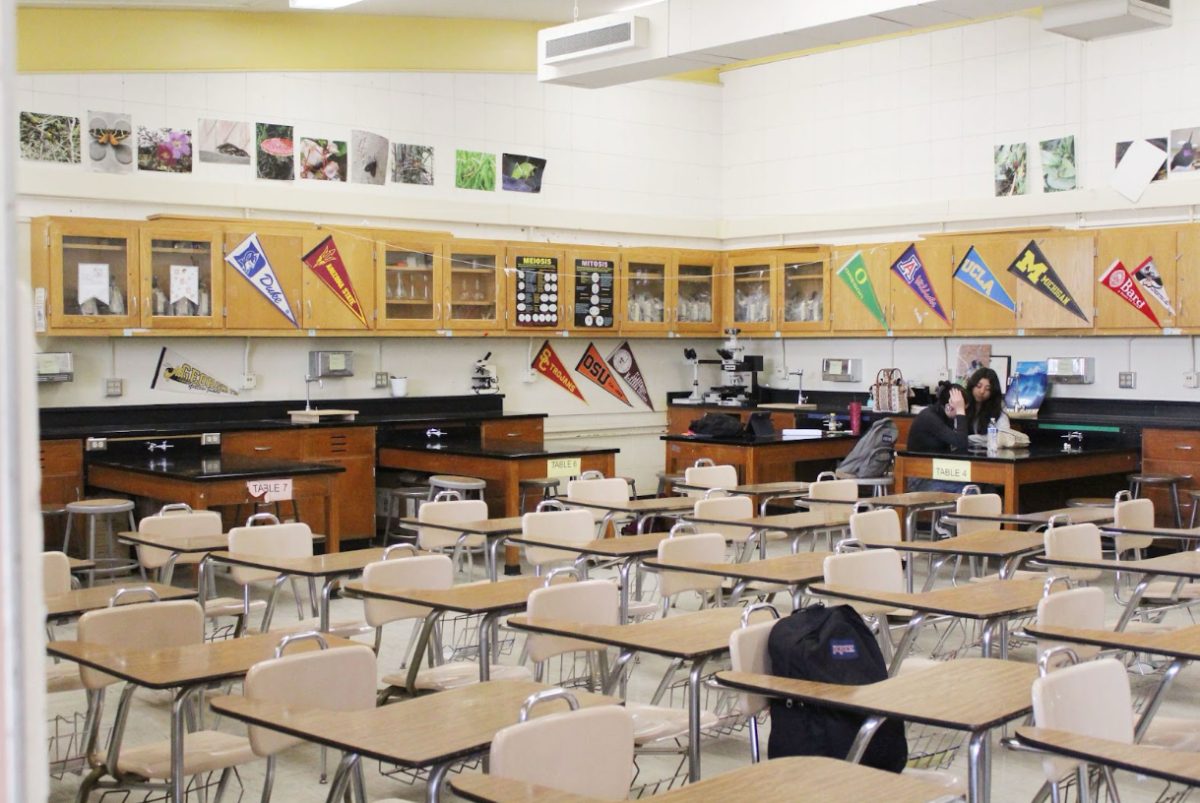Roughly a year ago on January 6, 2021, an act of domestic terrorism was committed on the United States capital. After a Trump rally, supporters were encouraged to march to the capital, approximately 2,000 of the supporters attacked the Capital building in an attempt to overturn Trump’s defeat in the 2020 presidential election. The event left five dead, one shot by a police officer, one of a drug overdose, and three of natural causes shortly following the event. Many were injured including 138 of the responding police officers and after the attack four of the officers that responded died of sucicide.
While the horrendous details of the day can be recounted by every news source, bringing justice to those who conspired or took part in this act of terrorism has not been completed. To find the truth and scheme behind the attack, a bill was introduced to form an independent commission that would investigate the events that transpired. While the bill passed in the House, it was blocked by Republicans in the senate. Despite the setback, research moved forward through a large-scale investigation led by the FBI, opening more than 400 case files, leading to federal crime charges on 615 people. Similarly, a House Select Committee has been in session since July 1, 2021 investigating the event and is still ongoing.
“More than 225 people have been accused of attacking or interfering with the police that day. About 275 have been charged with what the government describes as the chief political crime on Jan. 6: obstructing Congress’s duty to certify the 2020 presidential vote count. A little over 300 people have been charged with petty crimes alone, mostly trespassing and disorderly conduct,” as reported by Alan Feuer from the New York Times on January 6, 2022.
While most of the charged had no known affiliation with extremist groups, more than 30 members of anti-government groups, such as Oath Keepers, Proud Boys, and Three Percenters were charged with conspiracy.
A week after the attack, Donald Trump faced his second impeachment January 16, this time for incitement of insurrection. The trial of the impeachment took place on February 9 to February 13, 2021 and ended in his acquittal. Trump left office in February and was banned from several social media sites. What, if any, other consequences Donald Trump will face are still being decided.
In May of 2021, under Joe Biden’s presidency, the House passed a $1.9 billion Capitol security bill in response to the attack. While securing the capital is a short term solution, other regulations like labeling fake news on social media as fake and ending confirmation bias are in order. The role social media played in this event is significant, begging the question when or will social media companies be held accountable of their neglect of conspiring that happened on their platforms? Only time will tell, but as students, we will age with the times and will be the ones who can rewrite the laws to bring justice.
San Marcos community reflects on January 6:
When San Marcos student Alejandra Vargas was asked what January 6, 2021 was like for her she had an unsuspected answer.
“It was a holiday I spent with my family,” said junior Alejandra Vargas. Alejandra was referencing the catholic holiday Dia de los Reyes Magos, or the day of the three kings. “It was like a reunion. It wasn’t that much different I remember. If anything it wasn’t sad, it was something extra to talk about and to hear their thoughts on it.”
The day January 6 is the Catholic Holiday, Dia de los Reyes Magos also known as Epiphany or the day of the three kings. It celebrates the day the three kings found baby Jesus, sharing the God incarnate with the rest of the world. This day celebrates the sharing of love and salvation, inclusion, while on January 6, 2021 Trump supporters stormed the capital, some in the “name of God,” for America first, a sentiment built on exclusion. The irony there needs not be explicitly stated, yet in turn seen as extreme nationalism.
When reflecting on January 6, Melanie Jacoson shared her thoughts on the concept of nationalism and how it affects our government’s actions.
“Nationalism has a dangerous edge to it that gives rise to aggression, war, and even genocide,” said world history teacher Melanie Jacobson. “The notion that any individual, group, or nation is superior to another breeds exclusion and hatred that can result in events like the breach of the capitol on January 6th last year. The United States is a nation of laws that aim to protect civil liberties and democratic institutions. Nationalistic lawlessness in response to a disappointing political outcome threatens all of us.”
Being a patriotic county that prides itself brings reliability on its citizens but the act of terrorism on the capital was not patriotic, it was nationalistic.
American journalist Sydney J. Harris once said, “The difference between patriotism and nationalism is that the patriot is proud of his country for what it does, and the nationalist is proud of his country no matter what it does; the first attitude creates a feeling of responsibility, but the second a feeling of blind arrogance that leads to war.”
UPDATE (FEB. 8 2022): Recent affairs have brought light to the events of January 6th, 2021. The January 6th Commission, composed of democratic political leaders, was joined by two more members. These were Republican Representatives Liz Cheney (Wyoming) and Adam Kissinger (Illinois). Last week in response, the Republican Party censured these Republican representatives for their participation in the January 6th Commission. In the RNC censure of Cheney and Kissinger, the Republican party described the January 6th insurrection as merely “legitimate political discourse,” This dispute is simply more proof of how present partisanship is in our government, and how divided our country has become.


